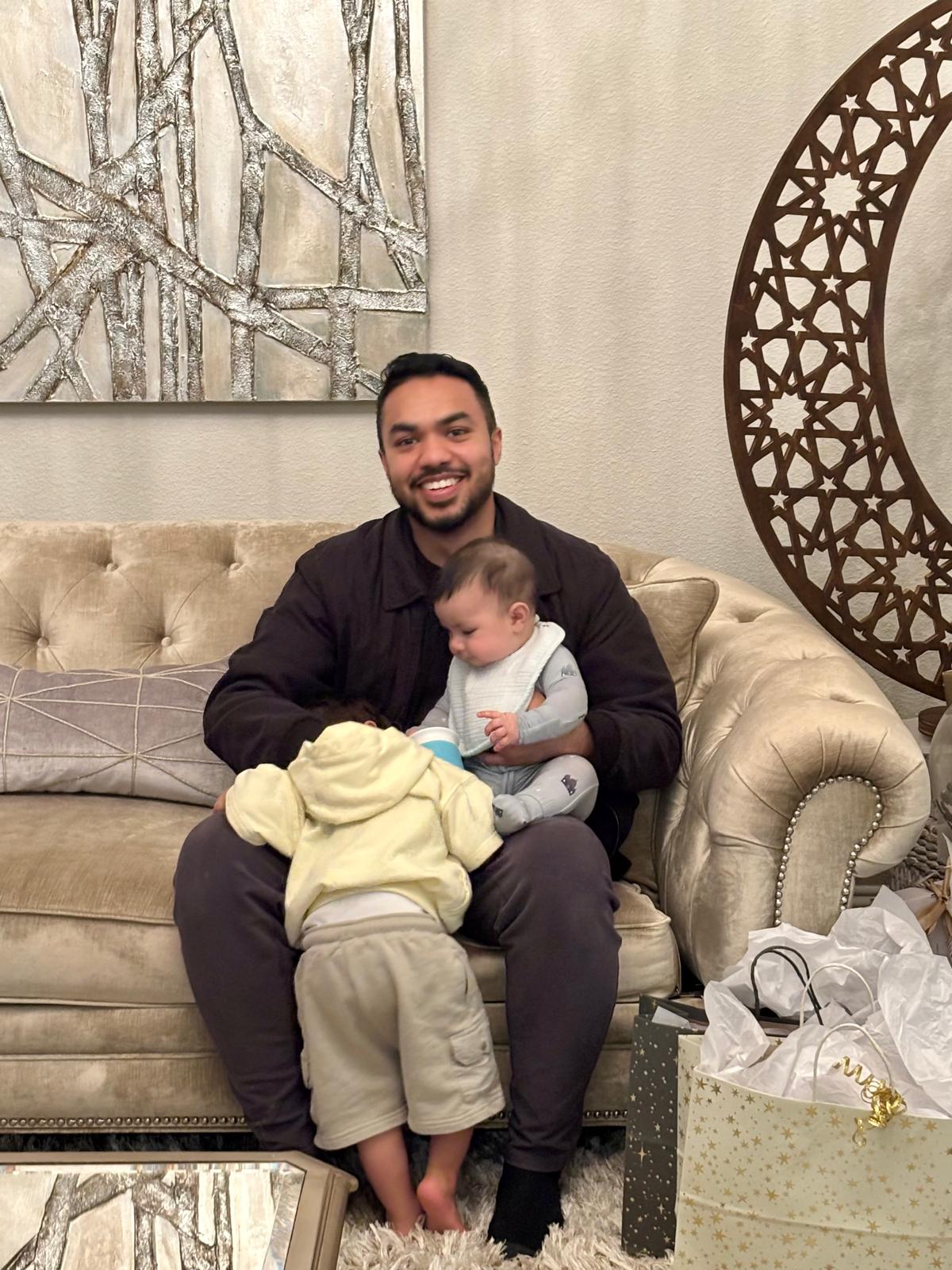Asim H. Gazi

I am a postdoctoral fellow in computer science and statistics at Harvard University, advised by Susan A. Murphy. I completed my Ph.D. in electrical engineering in 2023 from the Georgia Institute of Technology, advised by Omer T. Inan and Christopher J. Rozell.
My research is on what I call agentic wearables, intelligent systems that autonomously provide mobile health (mHealth) support – personalized to biobehavioral changes inferred from passive sensing (and survey) data (e.g., using your smartwatch). These precision health systems enable just-in-time support that adapts to the dynamics of daily life – support that is unaddressed by current healthcare delivery (e.g., therapy for just 1 hour per week). My contributions so far have centered around dynamic modeling and digital twin design, sensor informatics and state inference, and online decision-making algorithms to automatically address uncertainties in sensor-informed decision making that are especially prevalent in mHealth (e.g., corruptions of sensor data).
I am currently funded by a NIH K99/R00 Pathway to Independence Award from the National Institute of Biomedical Imaging and Bioengineering, which will fund the remainder of my postdoc and up to $747k over my first three years as an assistant professor at whichever institution I join. Previously, I was supported by Schmidt Sciences, in partnership with the Rhodes Trust, as one of 32 Schmidt Science Fellows selected from around the world in 2023. My PhD was funded by a National Science Foundation Graduate Research Fellowship.
Outside of research, I am a Pathfinder for Boston Partners in Education and the founder and owner of Internet of Tutors LLC.